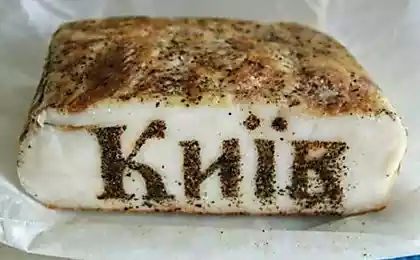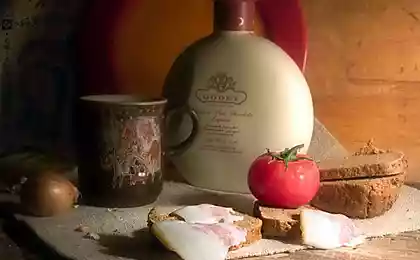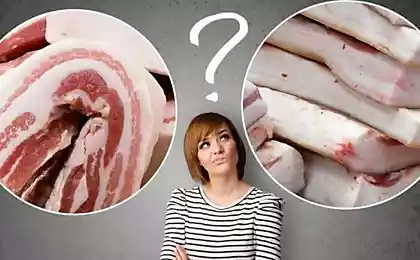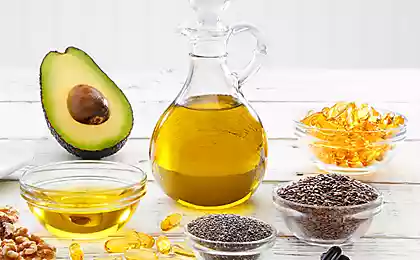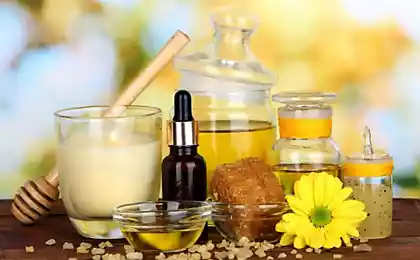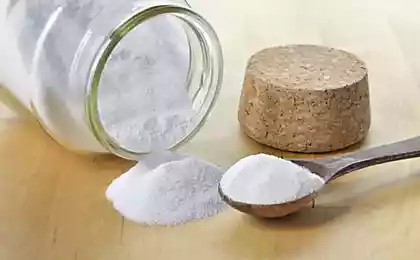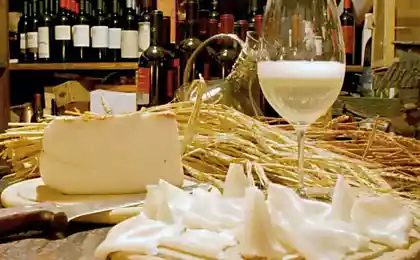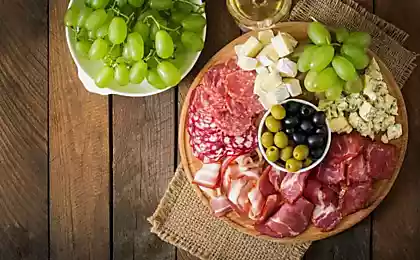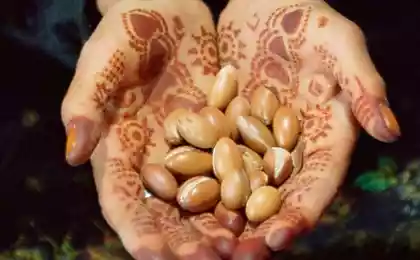513
What makes soap
Soap is produced by boiling in water, fatty oils with alkali, as caustic soda and caustic potash. Fatty oils extracted from plant products (cotton, palm or soya oil), and animal products such as pork lard or fish oil. By boiling fats with alkalis formed glycerol and salts of fatty acids, i.e. soap. Sodium Soaps more dense and, as a rule, solid; potassium soap softer or liquid.

Special mention deserve and antibacterial components, which, if you believe the advertising, provide "reliable protection for the whole family." Thus, the widespread "household antibiotic" triclosan under the influence of the sun and chlorinated water can form poisonous dioxins. Triclosan contributes to the mutation of microorganisms and formation of their stable forms, the so-called "superbacteria". In addition, regular "sterilization" of the skin when washing in itself causes more harm than good.
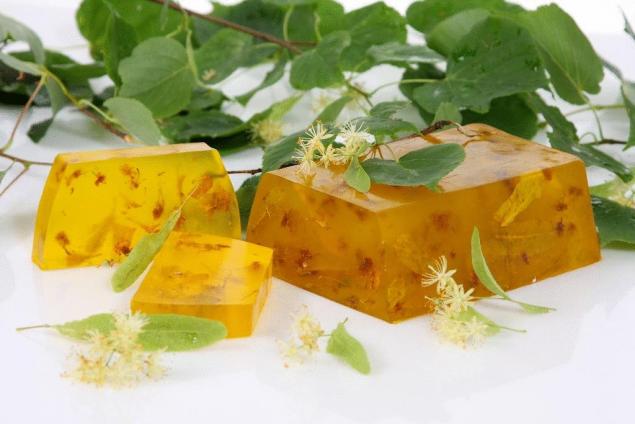
Synthetic components make the soap cheaper, easier to manufacture, but they don't need our skin. They can cause dryness, tightness, flaking skin, irritation, peeling, allergic reactions and skin diseases.
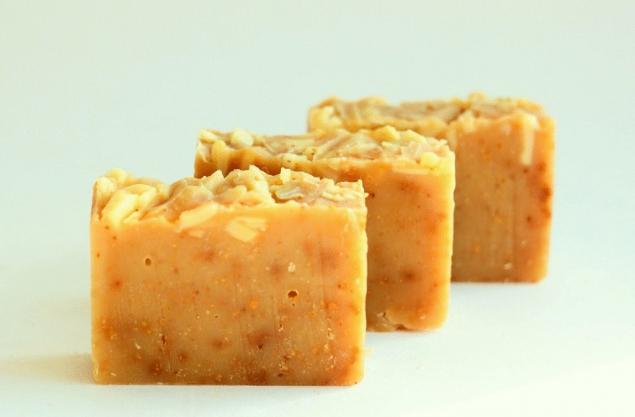
Soap made from vegetable or animal fats that are cooked with the addition of caustic. To the effectiveness of competing soap and washing powders.
Source: /users/155

Special mention deserve and antibacterial components, which, if you believe the advertising, provide "reliable protection for the whole family." Thus, the widespread "household antibiotic" triclosan under the influence of the sun and chlorinated water can form poisonous dioxins. Triclosan contributes to the mutation of microorganisms and formation of their stable forms, the so-called "superbacteria". In addition, regular "sterilization" of the skin when washing in itself causes more harm than good.

Synthetic components make the soap cheaper, easier to manufacture, but they don't need our skin. They can cause dryness, tightness, flaking skin, irritation, peeling, allergic reactions and skin diseases.

Soap made from vegetable or animal fats that are cooked with the addition of caustic. To the effectiveness of competing soap and washing powders.
Source: /users/155
